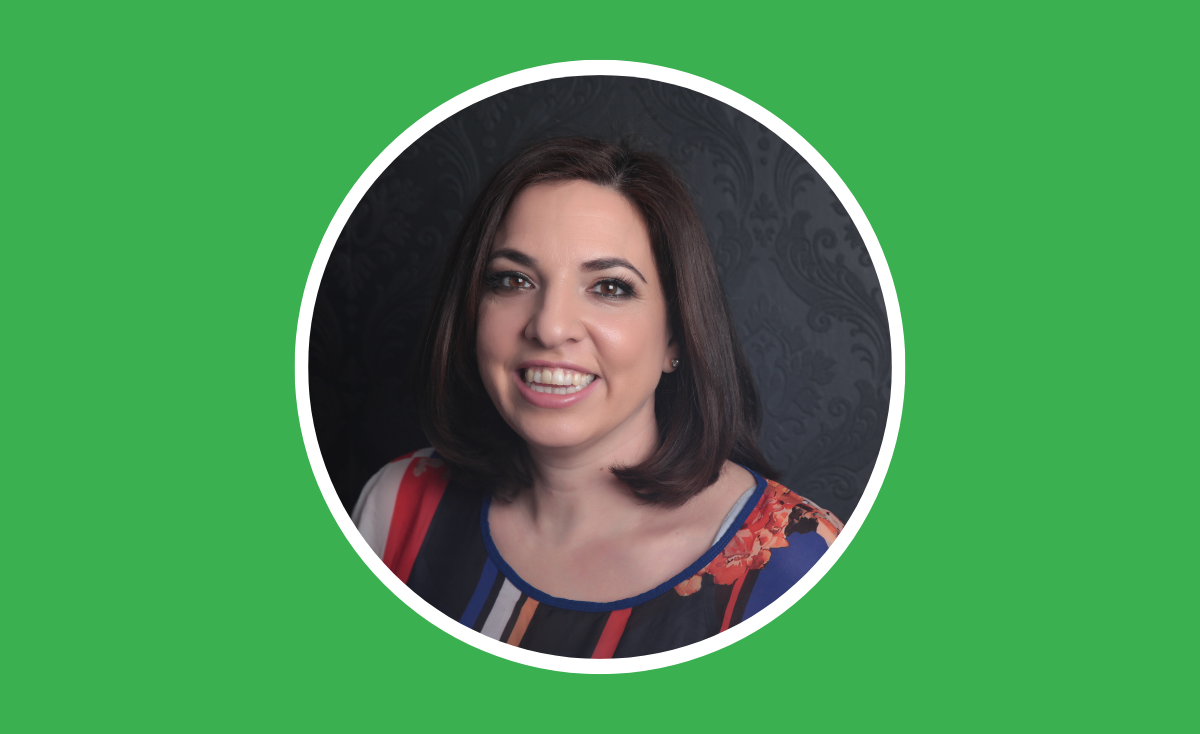
This is part one in a series. To read part two, – click here.
- Evan Fire, Chief Operating Officer, Pzena Investment Management
- Khadeeja Bassier, Global Chief Operating, Officer, NinetyOne
- Ross LeBlanc, Product Manager for Innovation, SimCorp
Sara: In this era of hybrid and remote working, what technology solutions have helped to mitigate some of the operational risks that this brings and to help maintain efficient workflows?
Evan Fire: If we think about modernizing our infrastructure, taking advantage of technology and improving workflows, the reality is that we focus on the digitalization of what we are doing as an organization.
Whether it be a work from anywhere solution, the ability to have a virtual desktop, or using automation tools to complete the mundane tasks that really smart and talented people get tired of doing, it all leads to greater efficiency.
“The ability to work remotely has transformed how we are going to operate in the future”
If you look at data management, you can get your data harnessed and stored, and use this to create efficiencies. These efficiencies create a way of operating that facilitates the world that we have been living in.
For example, I feel that the ability to work remotely has transformed how we are going to operate in the future. Some firms will take more advantage of this and others will take less depending on what the priorities for each firm really are.
Khadeeja Bassier: From an asset and investment management standpoint, our competitive edge is human capital and thought leadership.
Technology enhances how we collaborate and communicate, and this is collaboration within organizations, between vendors, partners and clients.
Data is a key pillar in how we think about our organization, and technology being used to manipulate data from servicing to analyzing has really enabled us to drive decision making.
“Our competitive edge is human capital and thought leadership.”
It is true that we don’t know how far the pendulum has swung and where it is going to land in the future, but all of these technologies have enabled the blurring of the personal and professional.
This ability that technology has given us is not going to go away and it has altered how we look to sustainably deliver value to clients.
What we have to reckon with quickly, as an industry, is our legacy technologies and manual work tasks. When you are in the office, you can compensate for these vulnerabilities through face to face engagements, but now we have technology solutions that help automate and allow for a more effective, hybrid working environment.
Ross LeBlanc: Asset managers have been adapting to the realities of the modern world for some time now, but the COVID crisis has both exacerbated and accelerated this process.
There was a trend before the pandemic to simplify and consolidate to become more efficient, which has since become more urgent.
The shift to remote working, increased market volatility and increased scrutiny from stakeholders and clients has further highlighted the inadequacies of a fragmented system landscape and the need to consolidate.
“The pandemic has shed light on the inadequacies of many operating systems”
What has been driven by our clients is the move to a core foundation platform that is open to innovative fintech solutions that are integrated with core business services in a cost-effective way.
For instance, a specific technology that has been trending upwards is machine learning and A.I. As firms seek to invest in this heavily, to automate the extraction of typically manual data entry, or automate data extraction from PDF documents of transactions and performance reports.
Because this data is not generating alpha for clients, it is just a cost centre.
Overall, the pandemic has shed light on the inadequacies of many operating systems and operating models, and we have seen clients focusing on consolidation thus far.
This is part one in a series. To read part two, – click here.
Please Sign In or Register to leave a Comment.
SUBSCRIBE
Get the recent popular stories straight into your inbox




